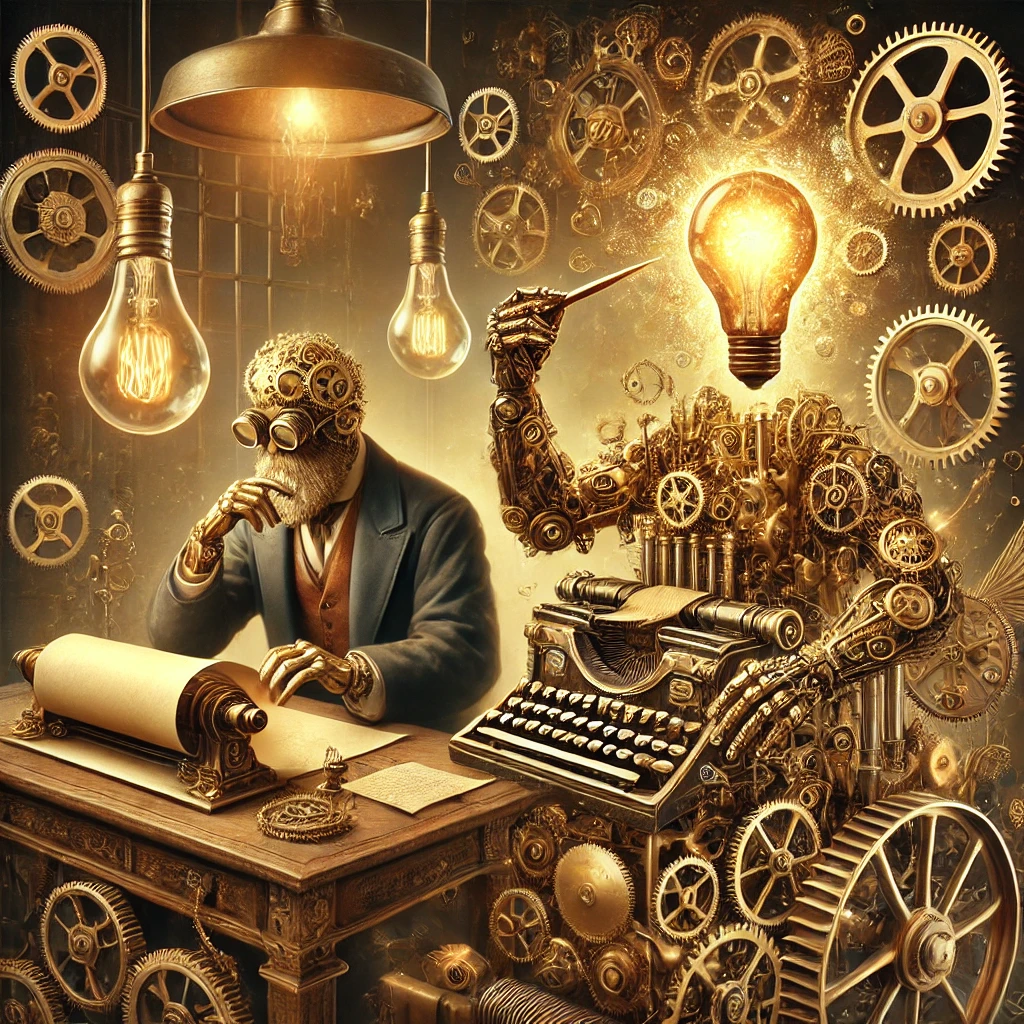A student submits a paper that fails to impress stylistically yet approaches a worn topic from an angle no one has tried before. The grade lands at B minus, and the student learns to be less original next time. This pattern reveals a deep bias in higher education: ideas lose to writing every time.
This bias carries serious equity implications. Students from disadvantaged backgrounds, including first-generation college students, English language learners, and those from under-resourced schools, often arrive with rich intellectual perspectives but struggle with academic writing conventions. Their ideas - shaped by unique life experiences and cultural viewpoints - get buried under red ink marking grammatical errors and awkward transitions. We systematically undervalue their intellectual contributions simply because they do not arrive in standard academic packaging.
Polished academic prose renders judgments easy. Evaluators find comfort in assessing grammatical correctness, citation formats, and paragraph transitions. The quality of ideas brings discomfort - they defy easy measurement and often challenge established thinking. When ideas come wrapped in awkward prose, they face near-automatic devaluation.
AI writing tools expose this bias with new clarity. These tools excel at producing acceptable academic prose - the mechanical aspect we overvalue. Yet in generating truly original ideas, AI remains remarkably limited. AI can refine expression but cannot match the depth of human insight, creativity, and lived experience. This technological limitation actually highlights where human creativity becomes most valuable.
This bias shapes student behavior in troubling ways. Rather than exploring new intellectual territory, students learn to package conventional thoughts in pristine prose. The real work of scholarship - generating and testing ideas - takes second place to mastering academic style guides. We have created a system that rewards intellectual safety over creative risk, while systematically disadvantaging students whose mastery of academic conventions does not match their intellectual capacity.
Changing this pattern requires uncomfortable shifts in how we teach and evaluate. What if we graded papers first without looking at the writing quality? What if we asked students to submit rough drafts full of half-formed ideas before cleaning up their prose? What if we saw AI tools as writing assistants that free humans to focus on what they do best - generating original insights and making unexpected connections?
The rise of AI makes this shift urgent. When machines can generate polished prose on demand, continuing to favor writing craft over ideation becomes indefensible. We must learn to value and develop what remains uniquely human - the ability to think in truly original ways, to see patterns others miss, to imagine what has never existed. The future belongs not to the best writers but to the most creative thinkers, and our educational practices must evolve to reflect this reality while ensuring all students can fully contribute their intellectual gifts.
Search This Blog
Subscribe to:
Post Comments (Atom)
When Intelligence Trips Over Itself
Modern intelligence, whether silicon or biological, is often tripped up not by ignorance but by abundance. When a system has the bandwidth t...

-
Education has always been, at its core, a wager on the future. It prepares students not only for the world that is, but for the world that m...
-
As someone who remembers using paper maps and phone books, I find myself fascinated by Michael Gerlich's new study in Societies about AI...
-
The relationship between thought and writing has never been simple. While writing helps organize and preserve thought, the specific form wri...




No comments:
Post a Comment